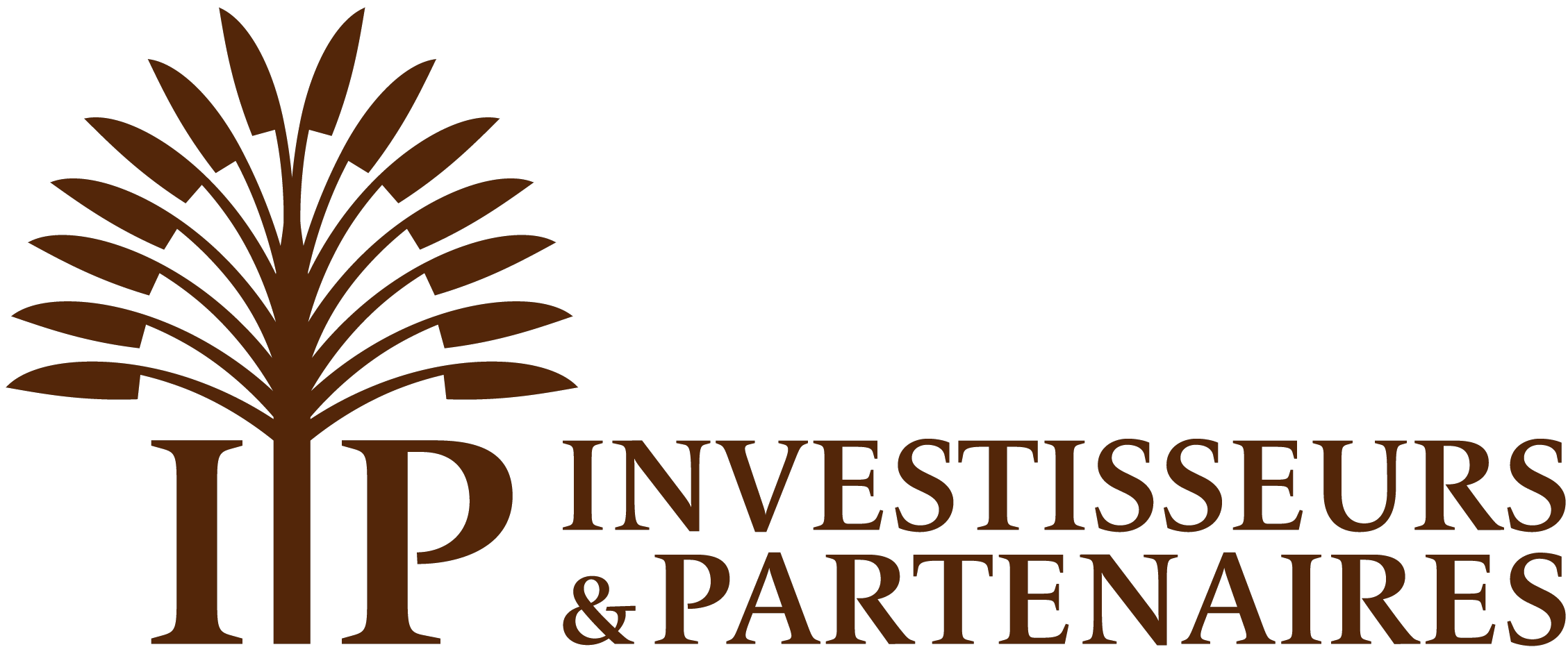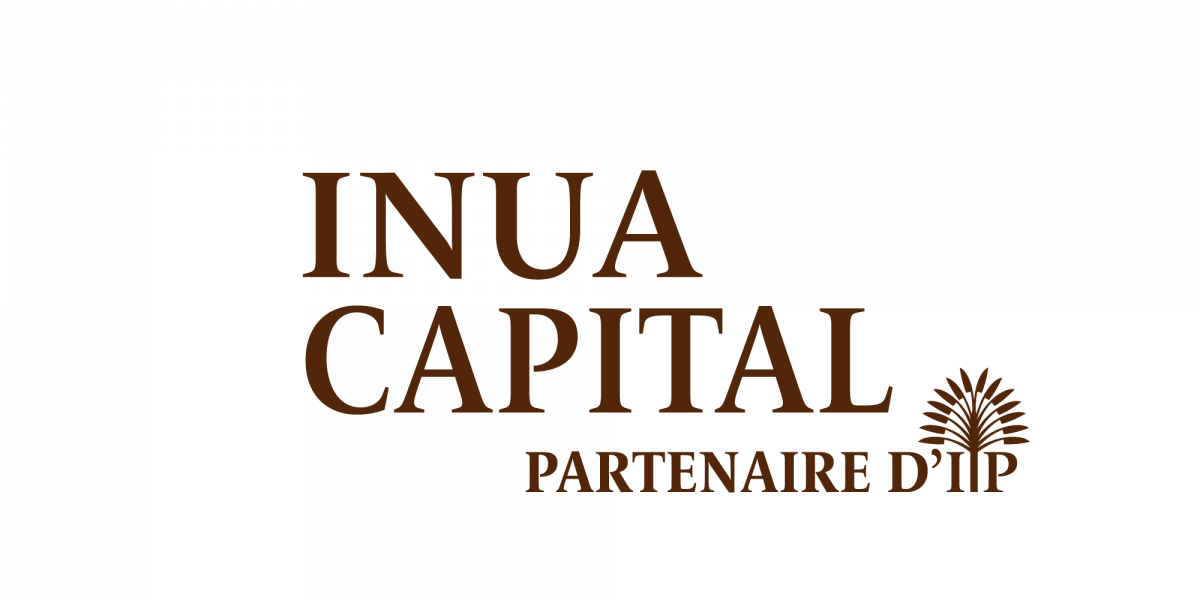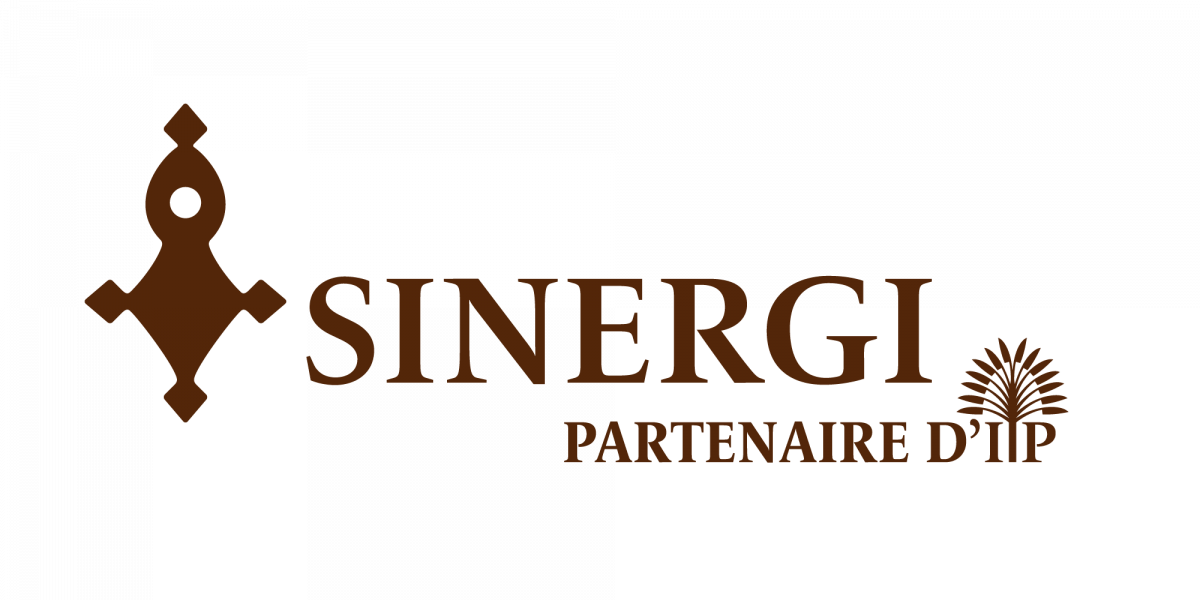Interview with Kim Kamarebe and Maïmouna Baillet, Directors of Inua Capital and Sinergi
Submitted by admin on Tue, 04/25/2023 - 16:17
In this interview, Kim and Maïmouna, respectively Managing Directors of Inua Capital and Sinergi, and the first two women fund managers in the IPDEV 2 network, talk about the challenges and opportunities they face in their roles and in their countries, the place of gender in private equity and their goals and visions for entrepreneurship.
With broadly similar backgrounds, Kim Kamarebe and Maïmouna Baillet decided to return to their home countries after several years spent abroad and turned to financing African SMEs with high impact potential. Maïmouna took over the management of Sinergi, the first fund and pilot project of the IPDEV 2 network (2006), while Kim launched in 2023 the last fund to date of the IPDEV 2 network: Inua Capital, based in Uganda.
Let's start with a quick look at your background: how did you come to manage a fund dedicated to SMEs? How did you meet I&P?
[Kim Kamarebe] Years before I met I&P, I returned to Uganda to create the first local investment fund and build a private equity ecosystem. My personal dream was to use all the experience I acquired abroad (HSBC, Goldman Sachs...) to foster economic development in Uganda. After running my own investment and strategy consulting firm, Damascus Advisory, and later leading AgDevCo Uganda’s £13 million investment fund, I connected with I&P and we agreed to launch a new fund of the IPDEV 2 network, in which I would be Fund Manager.
[Maïmouna Baillet] As for me, I already knew I&P from my experience working in finance in Paris and then in West Africa. And the meeting was a pleasant surprise. When I took over the general management of Sinergi in 2022, I discovered a family and supportive business culture, and the vision of impact immediately convinced me. The SINERGI team was by far the most pleasant surprise, given the quality of the profiles and skills of the colleagues. We have a young and dynamic team, motivated and driven by the desire to make the only investment fund in Niger a reference. The integration was done progressively, and is still going on, which is as it should be for a structure in place since 2006.
Sinergi and Inua Capital have had different successes with local investors. On what criteria are their trust based?
[Maïmouna] The confidence of local investors in the Sinergi and Inua Capital model, a single-country fund, depends on several factors: the existing models, the track record, the project pipeline, the political, economic, and cultural context of the country where the fund is based (...)
Sinergi, the pilot project launched in 2006, is a reference that demonstrates the viability of the model. This approach has been replicated in Burkina Faso, Senegal, Ivory Coast and Madagascar and has generated considerable interest among local investor communities.
[Kim] It has been more difficult to raise funds locally in Uganda. Our fund model is struggling to convince investors in East Africa, particularly in the financial sphere, paradoxically for the same reasons that attracted investors in West Africa. The investors who have placed their trust in us today are, alongside I&P, the Mastercard Foundation, Agrifi and Argidius. And even if the round of financing we have achieved does not include any local investors, the Inua team has succeeded in raising awareness of the need to support this approach.
The confidence of local investors in the Sinergi and Inua Capital model, a single-country fund, depends on several factors: the existing models, the track record, the project pipeline, the political, economic, and cultural context of the country where the fund is based (...)
The finance world is still a very gendered sector: does the fact that you are a woman penalize you, either with investors or with the entrepreneurs and business leaders who will later work with you?
[Kim] In Uganda, gender is especially prejudicial to women who have not had access to higher education. The lower the level of education, the more problematic gender is. For example, the largest bank in Uganda is run by a woman. In contrast, women entrepreneurs who have not had a high level of academic education have difficulty accessing financing.
[Maïmouna] In Europe or Africa, except for isolated cases, a possible gender-based penalization, as well as other exclusion factors (origin, religion), is rarely expressed but exists. To change mentalities, one must work with the awareness that one must do twice as much, not letting one's emotions or family life interfere with one's work. You also must support yourself and not hesitate to speak up when an injustice is committed.
I am convinced that my position as an investor, and especially as an impact investor, will change the situation of women entrepreneurs. This means that the specific needs of this target group will be studied and addressed, including all non-financial support (training, capacity building, coaching etc.). Their growth potential does not necessarily depend on a loan, and we are able to respond to that.
The lower the level of education, the more problematic gender is. Women entrepreneurs who have not had access to education, or who have not been able to continue their education, have more difficulty accessing financing opportunities.
What are your short- and medium-term objectives for Inua Capital and Sinergi?
[Kim] There are many women (and men) in Uganda who have the courage to be entrepreneurs and we are committed to supporting them, coaching them, and building their skills to reveal the entrepreneurial champions of tomorrow. At the same time, we want to be pioneers in patient capital to allow African entrepreneurship to express its full potential in the medium and long term and give impact projects the opportunity to reach their critical size.
[Maïmouna] We have done a lot of seed development projects in recent years because we realized that we needed to help companies get ready for capital investment. This has been done, so we can now capitalize on this experience and return fully to the investment activity, the very core of our business. The second objective is to regain our place in the Nigerien SME ecosystem. With the experience and expertise, we have acquired over the past 17 years, we believe we have a role to play in terms of animation and referral of SMEs. Our third objective is gender. Nigerien women who have the courage to undertake are numerous and they need support and accompaniment.
⇒ ''In entrepreneurship, the first specific need for women is coaching ...'' : an interview with Maïmouna Baillet for SIKA Finance
⇒ I&P sponsors Inua Capital, a new woman-led impact fund dedicated to SMEs in Uganda
About:
I&P Développement (IPDEV 2) is an investment capacity building program that aims to create, develop and sponsor impact funds in several African countries. To date, IPDEV 2 has created and financed 7 national funds: Sinergi (2006), Sinergi Burkina (2014), Teranga Capital in Senegal (2016), Comoé Capital in Côte d'Ivoire (2018), Miarakap in Madagascar (2018), Zira Capital in Mali (2023) and Inua Capital in Uganda (2023).
Inua Capital is the first impact investment fund dedicated to Ugandan small and medium enterprises with a strong commitment to gender. Inua Capital will make equity investments in more than 30 SMEs over the next decade, with funding needs ranging from $100,000 to $500,000.
The Fund will invest from a gender lens, which translates into several objectives. Inua aims to build a balanced portfolio, with at least 30% of its companies owned or led by women. Inua will also strive to adopt gender equality practices in all portfolio companies and to ensure parity in its own management and governance bodies.
Sinergi is an investment fund that provides innovative financing and support solutions specifically designed to meet the needs of small and medium-sized enterprises in Niger with a financing requirement of between 20 and 170 million CFA francs, often hindered in their development by difficult access to long-term financing and skills.




